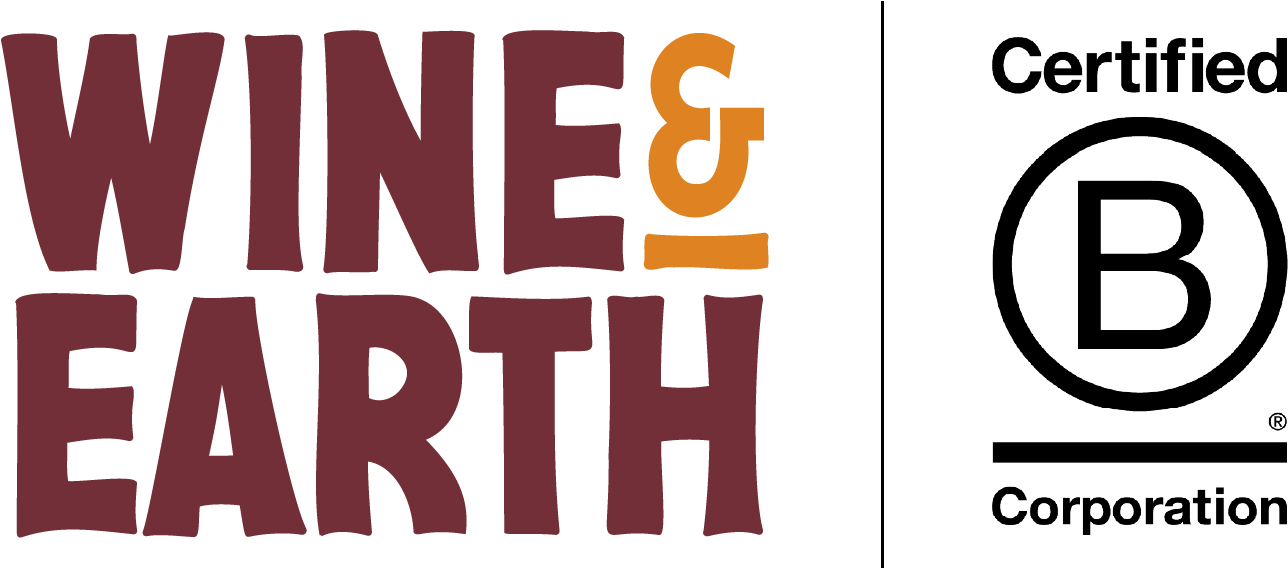Over the past few decades, there has been a growing trend towards organic and biodynamic wine production. Consumers are becoming more concerned about the environmental impact of farming practices and are increasingly seeking out products that are grown and produced in a sustainable manner. In this blog post, we'll explore the benefits of organic and biodynamic wine production and why this trend is likely to continue.
Organic Wine Production
Organic wine production involves using only natural and organic methods to grow grapes, such as using compost as a fertilizer and avoiding the use of synthetic pesticides and herbicides. Organic wine producers also use natural methods to control pests and diseases, such as introducing beneficial insects or using traps. Organic wine production is regulated by various certification organisations, such as AB (Agriculture Biologique) in France, to ensure that the grapes and wines meet strict standards.
One of the main benefits of organic wine production is that it is better for the environment. By avoiding the use of synthetic chemicals, organic wine producers reduce their impact on the soil, water, and wildlife. Organic farming also helps to maintain biodiversity by promoting healthy ecosystems and supporting the growth of beneficial insects and microorganisms.
Organic wine production can also lead to healthier grapes and higher quality wines. Without the use of synthetic chemicals, the grapes are allowed to develop naturally, which can result in more complex and nuanced flavors. Organic wines are also free from residual chemicals in the bottle that you open up at home.
Biodynamic Wine Production
Biodynamic wine production takes organic farming a step further by incorporating principles of holistic and spiritual farming practices. Biodynamic farmers view the vineyard as a self-sustaining ecosystem and use various techniques to promote soil health, such as using compost and cover crops to nourish the soil. Biodynamic farmers also use lunar and astrological cycles to guide their planting, pruning, and harvesting practices.
Like organic wine production, biodynamic wine production is regulated by certification organisations, such as Demeter International. Biodynamic wine production has gained popularity in recent years, with many wineries around the world adopting these holistic farming practices.
The benefits of biodynamic wine production are similar to those of organic wine production, but with additional benefits for the vineyard ecosystem. Biodynamic farming practices can improve soil health, reduce erosion, and promote biodiversity. Biodynamic wines are sometimes described as having a unique character and flavor profile due to the natural and holistic farming practices used to produce them.
The Future of Organic and Biodynamic Wine
As people become more aware of the environmental impact of farming practices, the trend towards organic and biodynamic wine production is likely to continue. Wineries that adopt sustainable farming practices can differentiate themselves in a crowded market and appeal to consumers who are seeking out environmentally-friendly products.
Organic and biodynamic wine production also has benefits beyond just the environmental impact. These farming practices can lead to healthier grapes and higher quality wines, which can help wineries to stand out in a competitive market. By adopting sustainable farming practices, wineries can also promote the health and well-being of their workers, who are often exposed to hazardous chemicals in conventional farming practices.
In conclusion, organic and biodynamic wine production is a growing trend that offers many benefits for wineries, consumers, and the environment. As consumers become more aware of the impact of farming practices, they are likely to seek out wines that are grown and produced in a sustainable and environmentally-friendly manner. Wineries that adopt these practices can differentiate themselves in a crowded market and appeal to consumers who are looking for high-quality, sustainable products.
At Wine&Earth we seek out vineyards around the world that are doing more to protect the planet from over farming, and who are thinking about and implementing actions to promote soil quality and local biodiversity. It’s a journey, which is why we have a 3 tier rating system to help you to understand where they are on their journey towards being fully sustainable. Most of the wines in our portfolio are practising organic farming, and we also clearly label for you those that are certified organic and/or biodynamic.
View our certified organic & biodynamic wine portfolio.





Comments (0)
There are no comments for this article. Be the first one to leave a message!